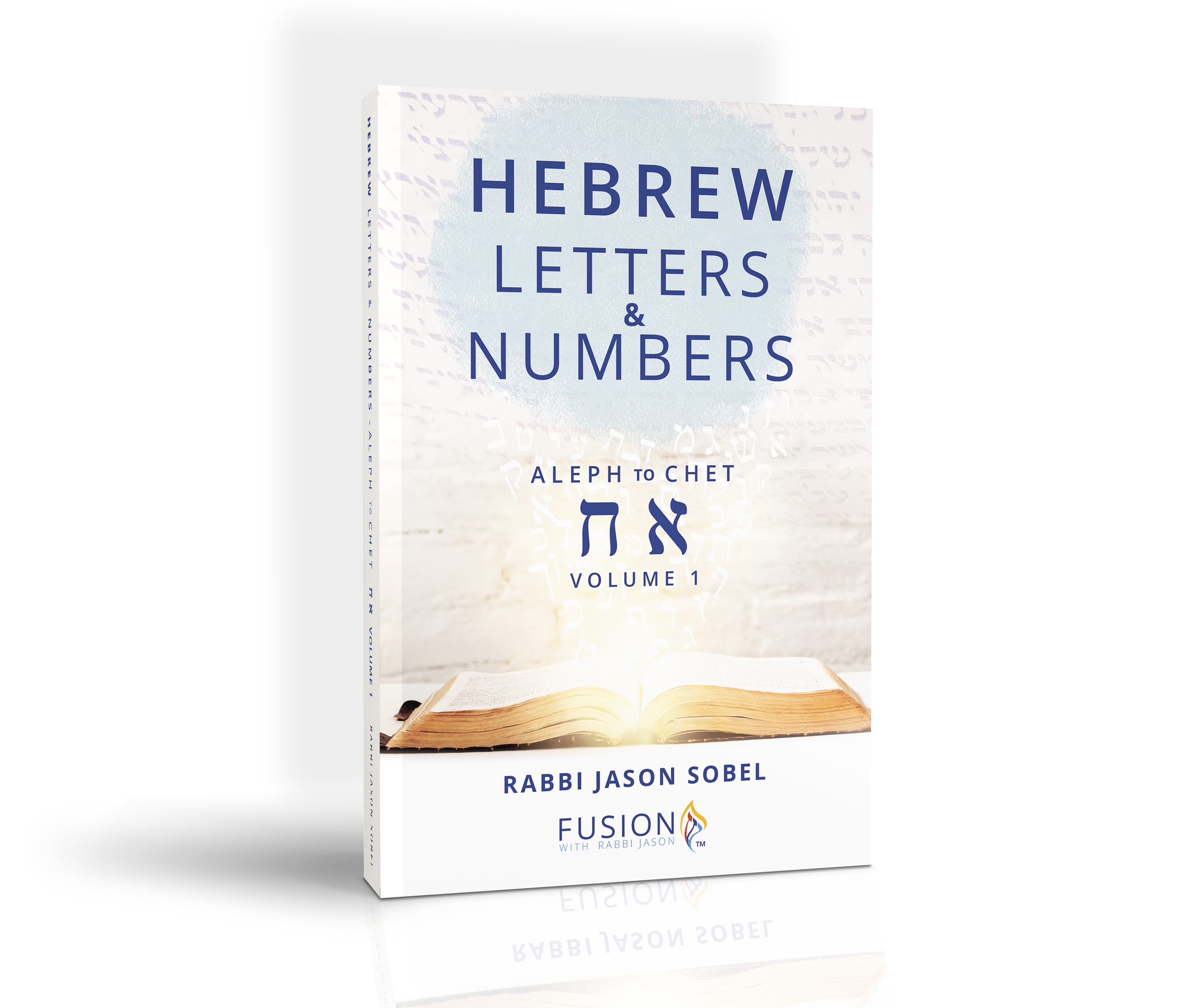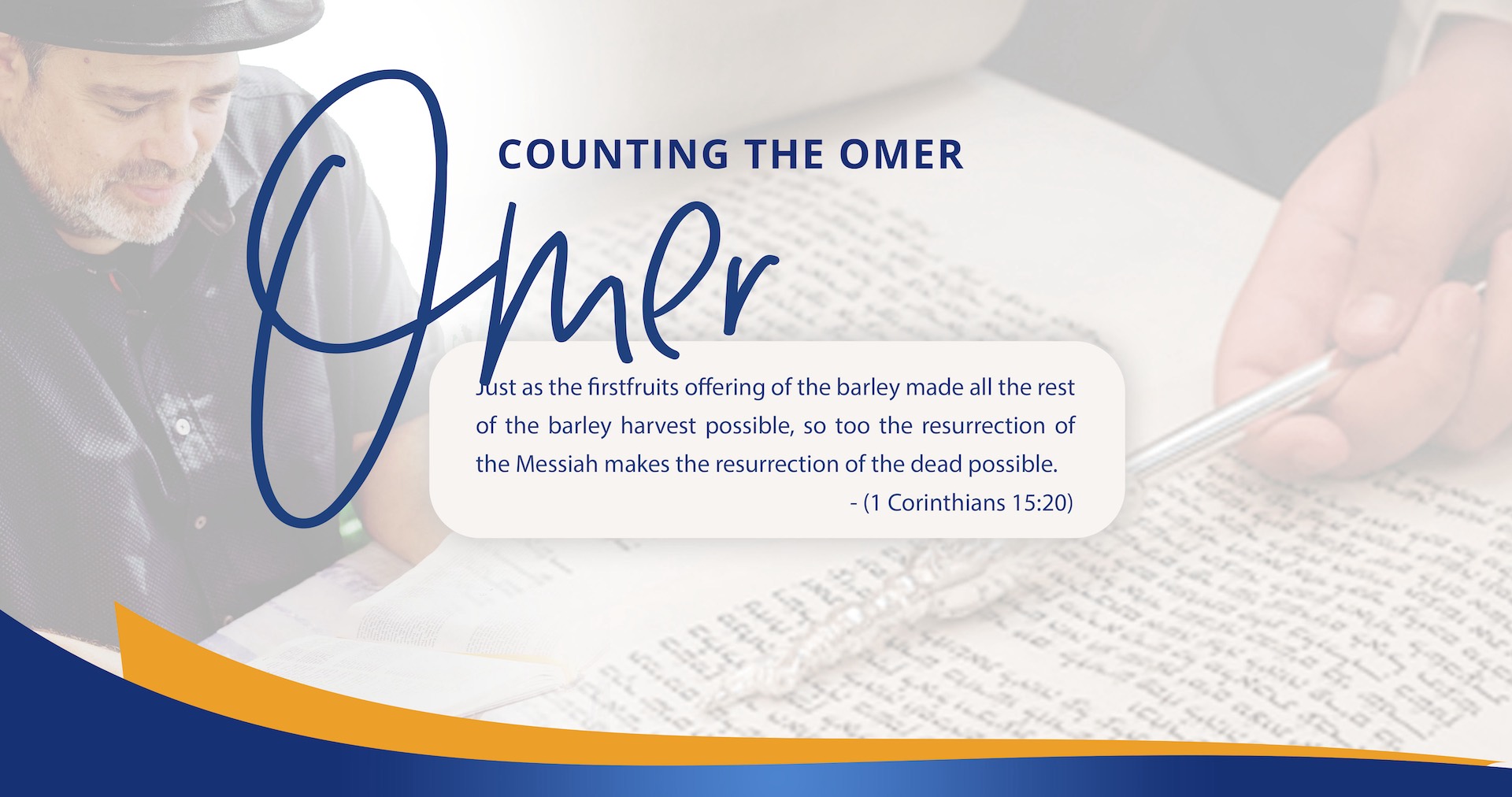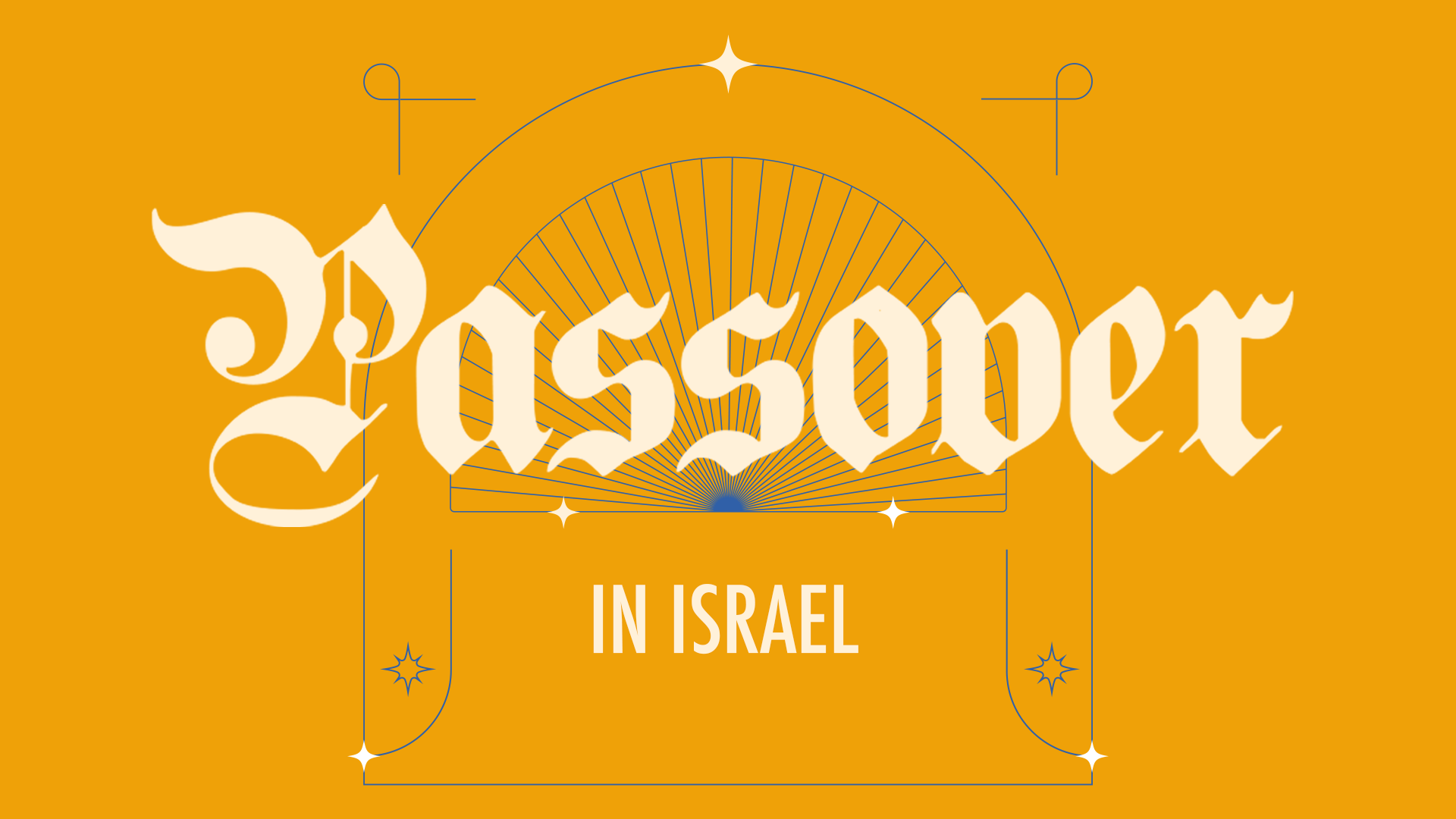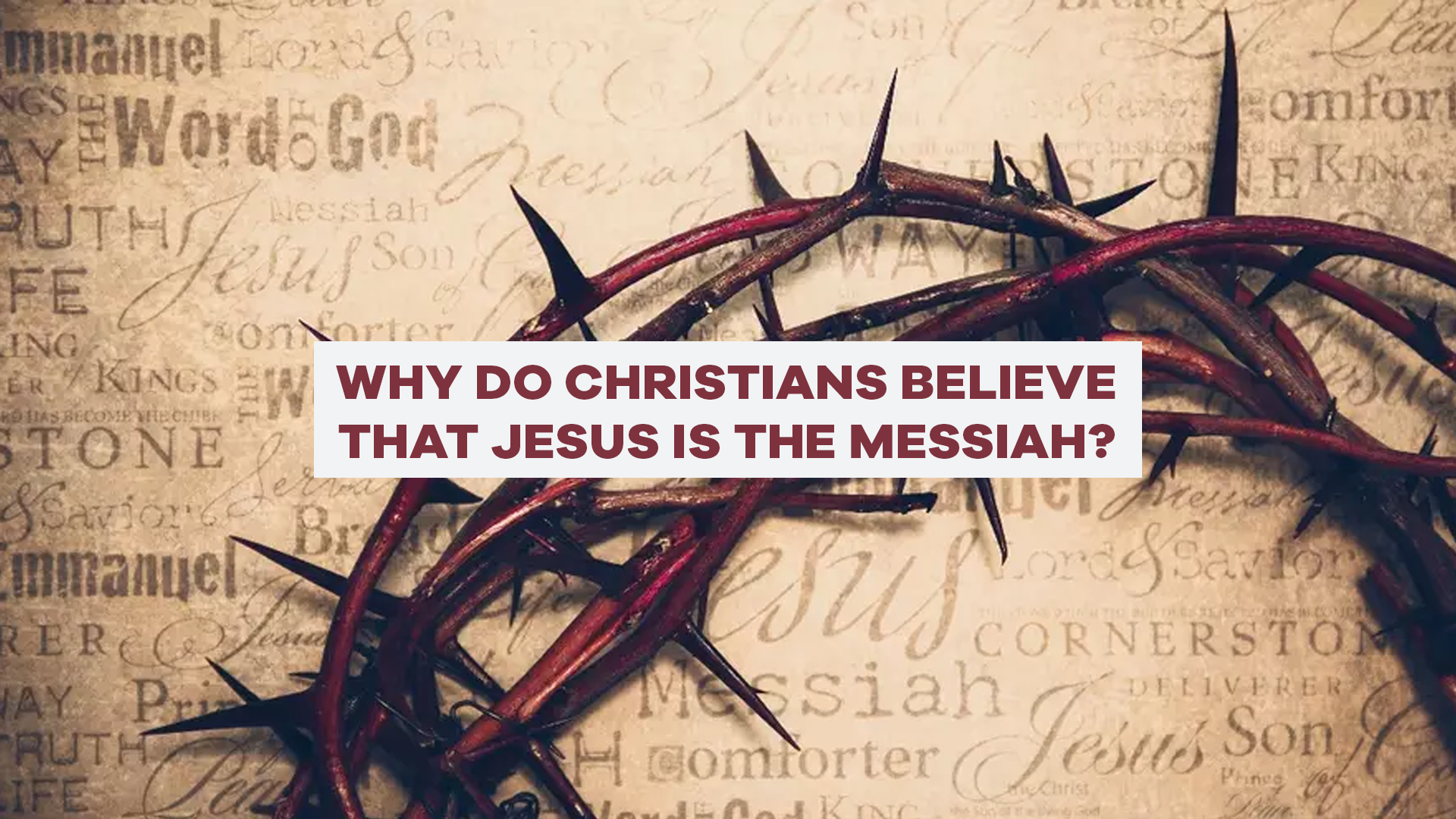The Power of Adonai:
How the Name of God Reveals His Nature and Character.
The Power of Adonai: How the Name of God Reveals His Nature and Character
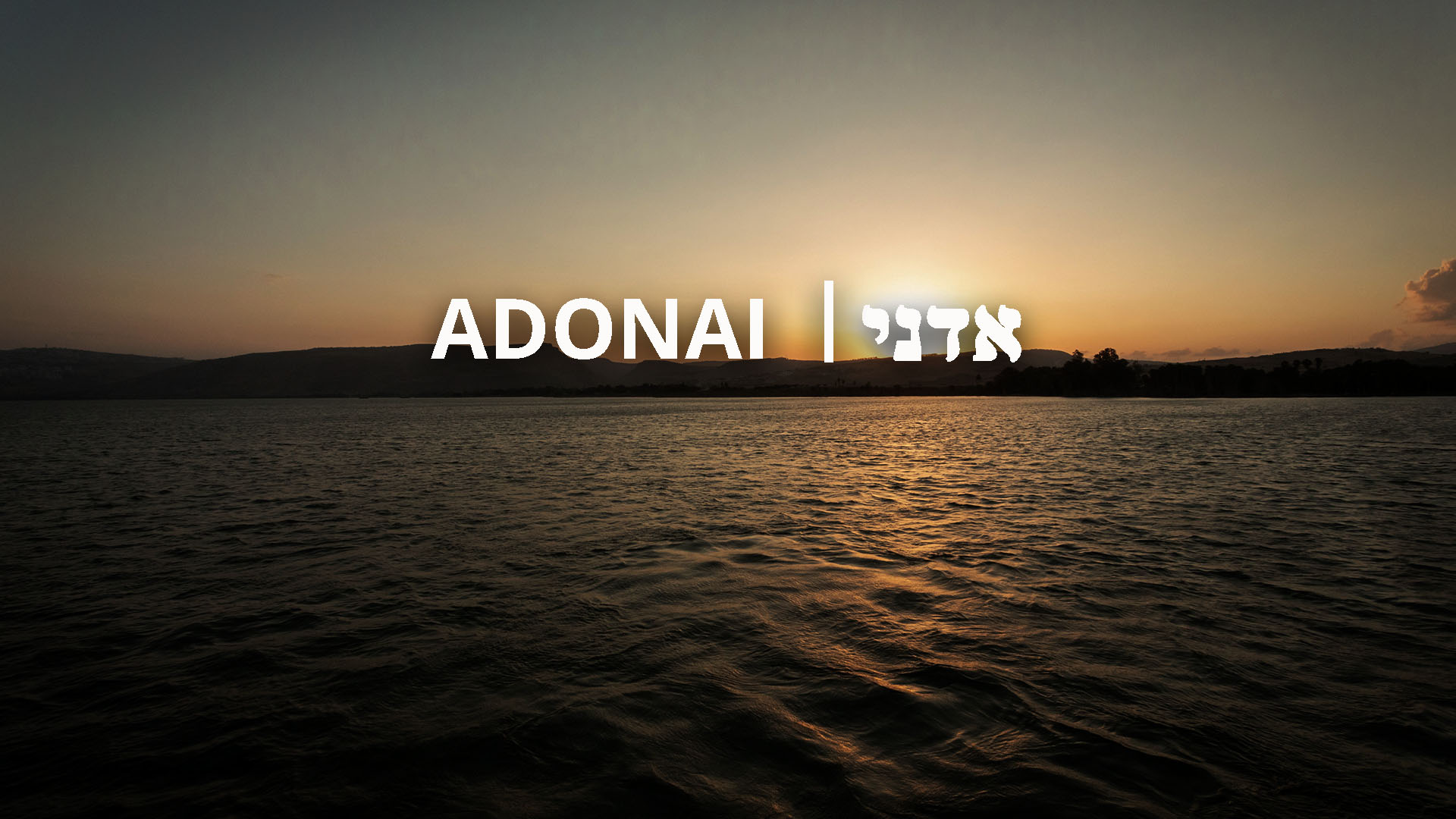

Appearing more than 400 times in the Hebrew Bible, Adonai is one of the most prolific names of God. The “tetragrammaton”—the four-letter ineffable name of God, often transliterated as YHVH—is magnificent and powerful. It is practically a story unto itself. The reality is, however, that despite appearing in the biblical texts more than any other Hebrew name for God (over 6,000 times!), the Jewish people hardly ever use it. By the Second Temple period, only the High Priest could speak it, and even then, only on the day of Yom Kippur. When uttering it, the priest “swallowed” the name, seeming to suggest that he mumbled it or in some other way spoke it so that others could hear it. It is hard to pinpoint exactly when this development occurred, but at some point, the Jewish people began to substitute the name Adonai (אדני) for the tetragrammaton.
In the Septuagint, translators used the Greek word Kyrios κύριος instead of a transliteration of God’s name. This substitution in the liturgical reading and prayer eventually became Jewish law. So what is this name, and where did it come from?
All Hebrew words derive from tri-consonantal roots. In this case, the root of Adonai is,
- א / Alef (1)
- ד / Dalet (4)
- נ / Nun (50)
This triad means “firm, strong; determine, command, rule, foundation.” How all of that factors into “Adonai” may not seem apparent, but that is the beauty of language study. We should note that, on one level, language derives from culture. In this case, using Adonai to reference God is by no means a mistake. The definition of a-d-n ultimately ties into a fundamental Hebraic understanding of God. Consider the title of “Rock” in correlation to Adonai in the opening of The Song of Moses,
For I will proclaim Adonai’s Name,
ascribe greatness to our God!
The Rock—blameless is His work.
Indeed, all His ways are just. – Deuteronomy 32:3-4a (TLV)
Aside from being a four-letter word (אדון), understanding how Adonai came to be a substitute for YHVH requires diving into Jewish mystical thought. Rav HaKannah, discussing the use of Adonai, states, “All of the administration itself during these six thousand years appears to be the exact opposite of the intended created purpose, but in truth and in deep understanding this is the very essence of the reason to bring forth all of the creation, that His servants will bring the creation to its final purpose.”
This sentiment finds echoes throughout the New Testament, most especially in Paul’s letter to the believers in Corinth: “For He must reign until He has put all His enemies under His feet. The last enemy to be destroyed is death.” (1 Corinthians 15:25-26 emphasis added). Here we see that from a heavenly perspective, the Father has placed all things under the authority of the Messiah. From our perspective, that reign isn’t the full reality yet, and this text suggests it will not be so until the “final resurrection” of all believers.
However, in the meantime, there is work to be done.
As the Apostle Paul noted (see 1 Corinthians 3:12-15), our work for the Kingdom will also experience transformation in the resurrection. As one regarded New Testament scholar noted, “I do not know how a picture drawn by a child solely for the glory of God will find a place in God’s new world, but it will be there… The world we do in the present gains its full significance from the eventual design in which it is meant to belong.”
Let’s look at how Adonai fits into all this. In a work attributed to Shimon HaTzadik, the two names are woven together in a meditation, placing the name Adonai in the H of YHVW. The idea was that whether reading Scripture, praying, or performing Mitzvot (God’s commands), we are actively bringing God into His creation and extending the reign of His Kingdom. This practice was standard in prayer books and remains so for those of the Sephardic tradition. Regarding how central this idea is, Rabbi Shalom Sharabi wrote, “Everything that is written in the Zohar and the Tikkunim and in all the books of the Rav discusses, in generality the performance of one mitzvah.” This is a rather profound statement, suggesting that the central purpose of the vast majority of the Jewish mystical literature enables us to understand how to extend the Kingdom of God through obedience to a single commandment. We reveal the transcendent (YHVH) through our actions (adon).
There is one notable exception to the above meditation. When pronouncing the blessings over calamities and during the mentions of God’s name during the Avoda (during Yom Kippur), we reverse the order so that it is Ydhnvh / אידהנויה in the place of Yhdvnh / יאהדונהי. This adjustment is made when it is challenging to see God’s good rulership. While still recognizing His lordship, we lift our world up to Him instead of attempting to draw His presence into it. Consider a child who, in tears, brings a broken toy to their parent, hoping that the parent can put that shattered part of their world back together again. The Tikunei HaZohar (a 16th century Jewish commentary) claims this analogy is the secret of the verse, “Out of the depths I cry to You, Adonai! [YHVH] Lord [Adonai], hear my voice! Let Your ears be attentive to the sound of my supplications” (Psalm 130:1-2).
As stated earlier, Greek translators used Kyrios (κύριος) for this purpose. Having demonstrated the profound meaning that this had during the Second Temple period, it becomes clear why calling Yeshua “Kyrios” (κύριος—Lord) was both controversial to that world and exciting to the faith community. Paul’s words take on new potency:
“This power He exercised in Messiah when He raised Him from the dead and seated Him at His right hand in heaven. He is far above any ruler, authority, power, leader, and every name that is named—not only in the olam ha-zeh but also in the olam ha-ba. God placed all things under Messiah’s feet and appointed Him as head over all things…And He raised us up with Him and seated us with Him in the heavenly places in Messiah Yeshua” (Ephesians 1:20-22a, 2:6).
Yeshua’s life was the extension of God’s Kingdom into this world. He now continues that through our life together as His Body.
Yeshua’s life was the extension of God’s Kingdom into this world. He now continues that through our life together as His Body. As Scripture stated, we are presently seated with Him in heavenly places, with access to all that authority through Him. We are able then to not just meditate on this reality but to bring His power into this world actively. When the world around us seems to shatter, let’s actively lift this broken world to Adonai in hope!
FREE WEEKLY TORAH PORTIONS:
"Am loving this book (The God of the Way)! Just received it and it's very hard to put down. I really enjoyed his first book w/Kathie Lee Gifford and couldn't wait for this one. I really like Rabbi Sobel's writing. It's easy to understand and adds to my understanding of the Jewish background. Helps so much in understanding my Bible. Thank you Rabbi Sobel and Kathie Lee!"
What is Fusion with Rabbi Jason?
It is in looking back at what God has done that we can see forward to His future plans for us. “For I know the plans I have for you,’ declares the Lord, plans to prosper you and not to harm you, plans to give you hope and a future” Jer 29:11.
At Fusion Global with Rabbi Jason Sobel, we want to add definition to your faith as we restore the lost connection to our ancient roots and rediscover our forgotten inheritance.

